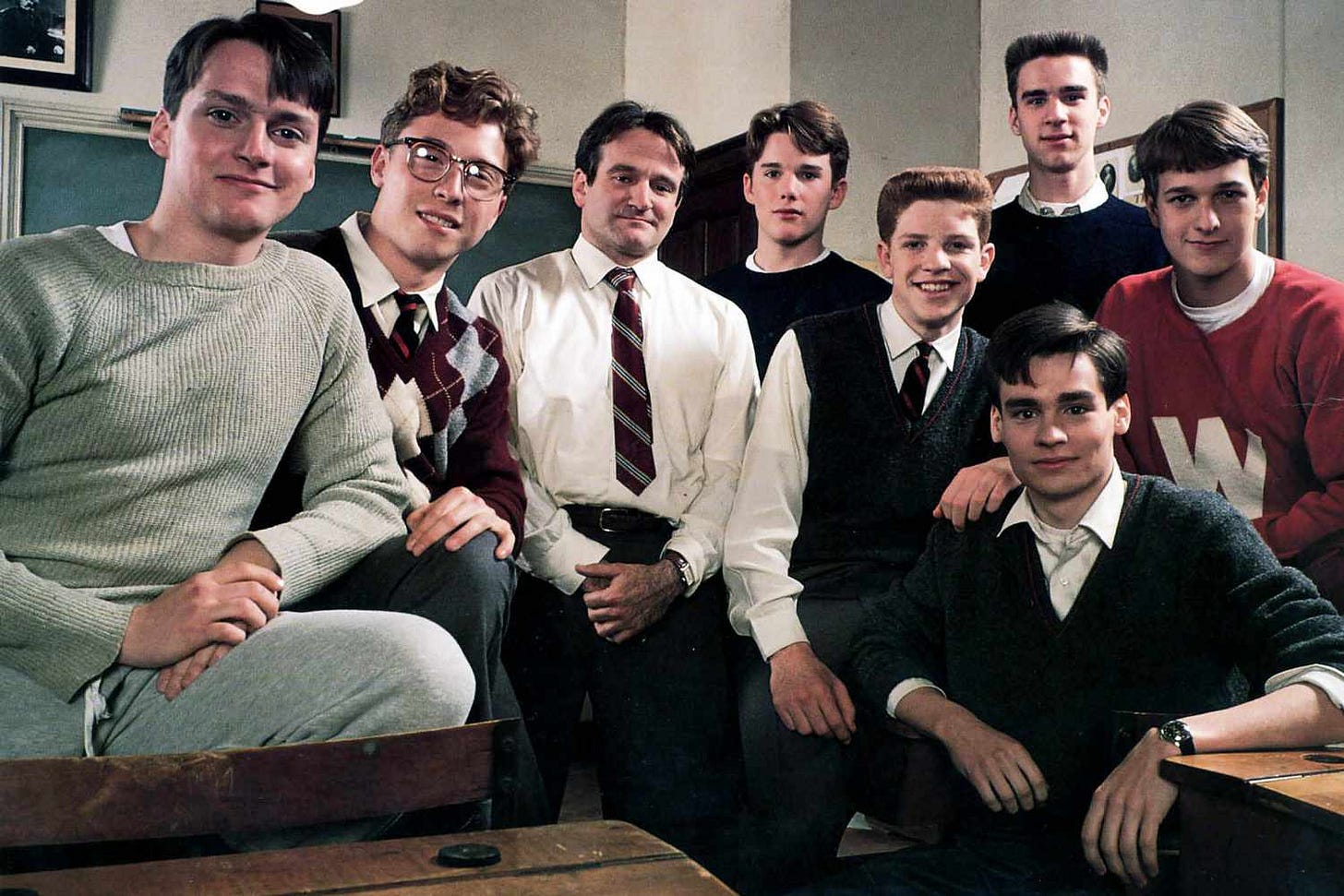Startup series part three: applying to and getting rejected by Y Combinator
My experience and some tips if you're considering applying to Y Combinator.
Getting into Y Combinator is as hard as ever, if not harder. Applications for the current batch were at a record high (30,000-plus) and the acceptance rate is less than 1%. We applied with kahla for the Winter 2024 batch and were rejected, which was what I expected. Nevertheless, I was keen on going through the process because I knew it would help us get more focused and specific on the problem we were trying to solve. Here are five things I learned (and that you might find useful too) from applying and getting rejected by Y Combinator:
The application process itself is likely one of the most valuable lessons from the entire experience. In their “How to Apply to YC” guidelines, the first sentence reads “Probably the biggest thing people don’t understand about the process is the importance of expressing yourself clearly.” Because I’ve enjoyed writing from an early age, I’ve also learned the importance of editing. I’d say the latter is often harder, and more important. There are stories of founders who wrote their YC applications the day of the deadline, but I think those are outliers that you should not pay too much attention to. I started working on my application about six weeks before the deadline and ended up submitting draft number five. With every new draft, I was trying to simplify and make it painstakingly clear what problem we were solving and what unique insight we possessed. The trick is to not believe your own bullshit. What might be obvious to you because you created a narrative around it, will likely be ambiguous to the person reviewing your application. This leads me to my next point:
Asking for feedback from relevant people is the single most useful tip for refining your application until the ideas are indeed distilled to their clearest form. I had five founders who had been previously accepted by YC and one founder who had also been on the admissions team a few years back review my application. As always, with feedback, I was looking for the common threads, and when everyone concurred that a specific part of the application was weak, I took it seriously. I obsessively asked each person who read it if they could say in one sentence what kahla did and what made us special. When they struggled, I knew I had a lot more work to do in order to express myself more clearly. Other feedback that I found useful was to maintain a serious tone, to not try to be funny or “interesting” and present everything factually, without making statements or self-evaluations.
Another useful tip is to get referrals from within the YC family. Every founder who helped with feedback on my application also sent a referral after I applied. I was incredibly lucky to get this level of support and felt so grateful for having super successful founders make time to read my application, jump on zoom calls to go through the feedback, and then also write nice things about me to YC. I noticed that truly smart and successful people are also generous. Don’t ever take that for granted and show your gratitude whichever way you can. Mostly, pay it forward.
Even with a strong application and amazing referrals, it’s important to acknowledge the attributes that YC favors: technical teams (or at least a strong technical co-founder), products in spaces they’re highly interested in (i.e AI) and growth. Of which, growth is the one metric that trumps all. If you look at the current batch, 80% of companies are building AI, or specifically GenAI products. It’s a bit harder to estimate growth rates for all companies, but given the split leans so heavily toward SaaS, chances are, most of them have likely already found product market fit. A useful reference point to help you set realistic expectations about your chances of getting in is their most current “Requests for Startups” thesis where they discuss the categories they’re most excited about.
Finally, know why you’re applying. Is it to get in? To get the money? To get the stamp of approval? Or is it because you think YC will help you find PMF or figure out growth? None of these reasons are intrinsically wrong (except the last two), but as a very smart founder and ex-admissions team member told me, YC want you to go to them with problems you’ve already figured out the solution to. Money is tempting but it can also be a trap where you get to manufacture artificial growth instead of focusing on the product. Having the YC stamp of approval and the network might make it easier to raise VC money on demo day, but again, more money can make you complacent. If your answer is “to learn”, then you have a winner. When it comes to the actual YC knowledge and expertise, you can actually get 90% of that for free from their online resources. And as I said in the beginning, the process forces you to get clarity on your business and that’s amazing value at zero cost.
When we got rejected, I emailed everyone who had helped me with the application to let them know. Some replied that their most successful founder friends never got in either, or that they themselves got rejected multiple times before finally being accepted. Each email also said one thing: don’t give up. Irrespective of how you get there (accelerators, VC money, bootstrapping, etc.), building a great product takes time and money is not going to get you there faster than perseverance.



What about Sequoia ARC? Did you apply?